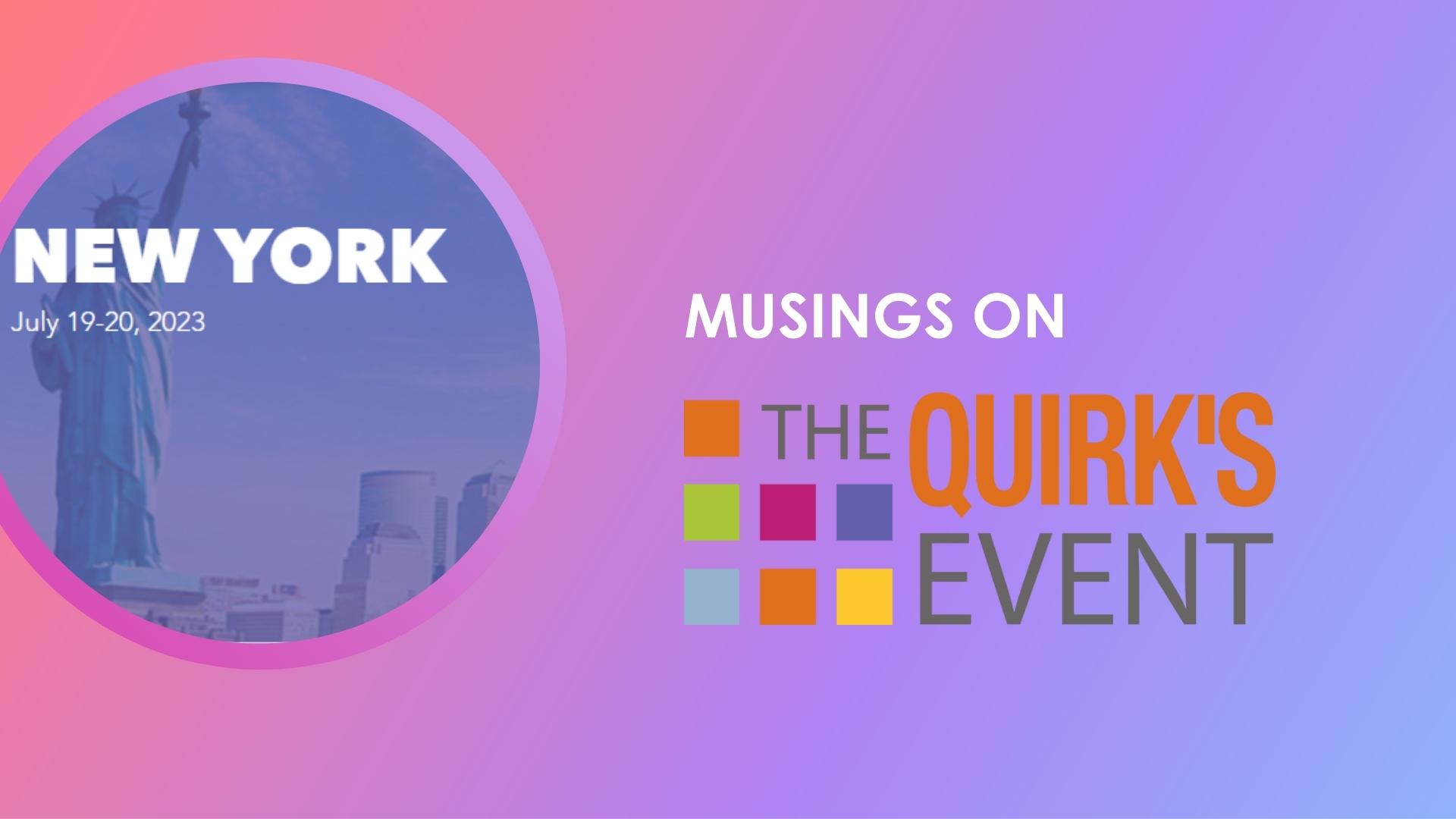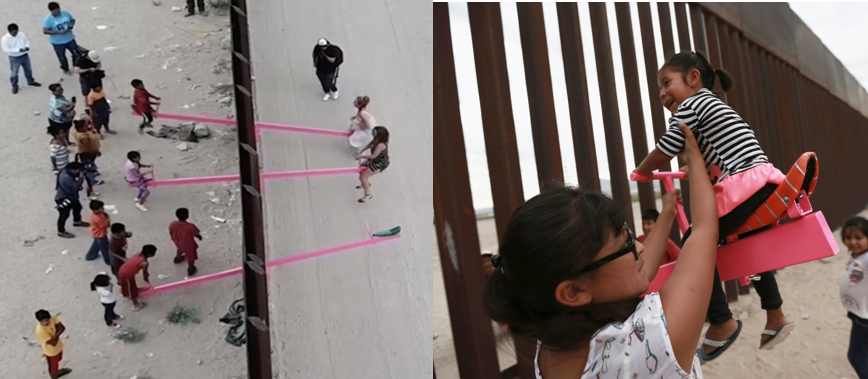We’re in costume all year round. Not just for Halloween.
Acknowledging the masks we wear will set us free.
“Man is least himself when he talks in his own person. Give him a mask, and he will tell you the truth.” Oscar Wilde
At Halloween, it’s time to don our masks – to cover our bodies with paint and glitter, sweeping robes, and astronaut suits. We can be the rock star or the doctor, the dragon or the queen we’ve dreamed of becoming. Our wildest imaginations for who we are or who we could become can be realized at Halloween. But it’s not just at Halloween that we slip into costumes and cover our faces with masks. In our daily lives, we all wear different masks, and different costumes that simultaneously conceal and reveal who we really are.
At times, the masks we wear can stifle the very nature of our being and curtail our ability to show up as our whole human selves. We might feel self-conscious about certain aspects of who or what we are, our vulnerabilities, and our proclivities, and so feel like we need to hide aspects of ourselves that might be seen as weird, weak, or subversive. At work, we might shed the mask of our weekend selves to don the mask of the serious, self-confident, capable worker – a person whose creativity and quirkiness are eclipsed by perceived expectations of what it means to be “professional”. At home, we might wear a mask of devoted partner, parent, or child that glosses over the doubts we might have about the choices we’ve made, the dreams we’ve let go of to be the unwaveringly stable lover, breadwinner, caregiver, or the perfect child who lives up to their parents’ every expectation.
There’s a pattern of conditioning that occurs in “growing up”, in becoming an adult, a productive member of society. What do you want to be when you grow up? we ask, and in doing so, communicate that who we are is not who we should be or will be later on. It can force us to shed our sillier selves, the wonderfully quirky and contradictory layers of who we are at our core. These layers are stripped away or transfigured into something more socially acceptable, more recognizable as the kind of people we’re expected or “supposed” to be. The masks we wear can suffocate our truer selves. They can make us die inside, a little more each day. “We all wear masks,” writes André Berthiaume, “And the time comes when we cannot remove them without removing some of our own skin.”
But there’s also something surprising, something liberating about donning a mask. It’s no wonder that Halloween, a holiday that brings us joy and excitement as children, is also beloved by adults. We can dream up who we want to be, craft a costume to reflect that persona, and wear it proudly out into the night. We’re not judged for that costume and what it says about us. We’re celebrated, and appreciated for our creativity, for the kind of person we become for the night. The quirkier, the more creative, the more idiosyncratic, the better. At Halloween, we revel in the weird, the magical, the surprising articulation of what we could be and maybe we even see a little more of who we really are.
What if we brought the freedom we feel at Halloween into our daily lives? What if we donned and shed and donned again the masks that express the ephemeral fluidity of what it means to be fully human? We’re not one thing or one person – we’re many, and it’s in those many selves, those many masks, that we find the roots of our humanity.
As Marie Lu writes, “The irony of life is that those who wear masks often tell us more truths than those with open faces.” We’ve found in our conversations with respondents that even as people can feel constrained by the masks they wear, they also love wearing their many masks. On vacation, people talk about embodying a different person, one freer to express themselves unconstrained by expectation. In beauty and fashion, people talk about changes they make to their hair, their makeup, and the clothes they wear that loudly or even subtly express the nuances of who they are across the many roles they take on. In work, we hear people talk about the joy of solving a tough problem or teaching a more junior colleague without needing to be self-conscious about the absolute brilliance of their intellect and passion.
It’s in being constrained by a particular kind of mask, being trapped in one way of being who we are, that we become shadows of ourselves. But it’s in a wardrobe of many masks, many costumes, that we can find liberation, joy, and meaning in what it means to be human.
What masks are you wearing? Where are you stifled by the masks you wear? And where do they help you to become your whole human self? What masks or costumes do you yearn to wear to discover your truer self? What would others see then? And, perhaps most importantly, what would you see or come to know more profoundly about yourself?



